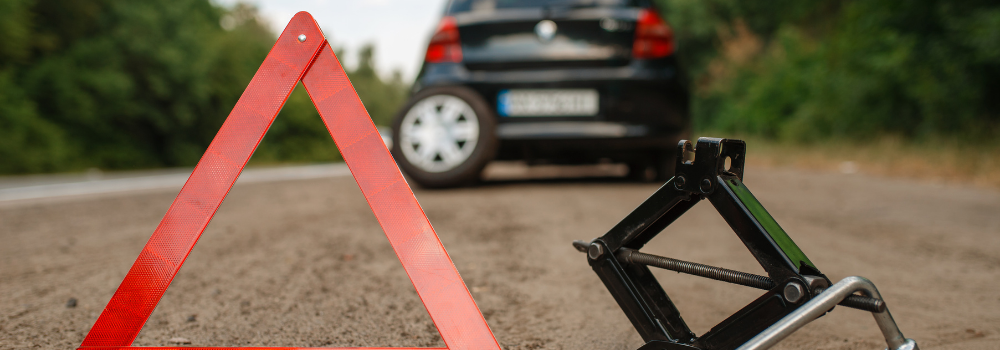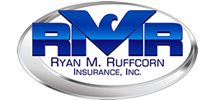
My Car Broke Down, Now What Do I Do?
It happens to all of us at some point. It doesn’t have to be our car, but maybe a car we are a passenger in. At some point in life, we will all be faced with the challenge of what to do when a car breaks down. Be it on the side of the road, on the side of the highway, or down the street at the stop sign- a car breaking down is never any fun.
Below are some tips for things to do and consider when faced with a car break down situation. Remember, even if you don’t drive, one day, you may be a passenger and these tips can come in handy.
Don’t force the car to drive:
If the car has broken down, it means something is broken and forcing it to go on is not a good idea. If in the middle of the road, safety means moving over to the shoulder or parking lot, but beyond that- it’s not a good idea to move the car along.
Let other drivers know there is a bit of trouble:
Make sure to turn on hazards, place flares around the car, or use emergency cones within a few hundred yards behind your car. Did you know that some motorists place something white, like a cloth or t-shirt, in the driver’s door window as a sign of trouble?
(Don’t forget the emergency break to make sure that your car doesn’t go down a slope. And don’t forget to turn your wheels away from the road so that the car doesn’t roll into traffic.)
Check for the damage:
It may be hard to identify but doing a quick check to see if the problem is identifiable is a good idea. But within safety of course. It’s always a good idea to check the dashboard to see if there are any lights showing up that weren’t there and/or can tell you why the car broke down.
Call for help/ roadside assistance:
Depending where you are (city, county, state), road law requires that you call authorities when things like this happen. Police/Highway Patrol may be able to assist with minor repairs. Many insurance policies offer roadside assistance for situations like car breakdowns and lockouts. If your policy has this coverage, and you’re in an area that doesn’t require that you call authorities, then your insurance company should be the first resource to contact. They can usually dispatch help that meets the company’s requirements.
Keep in mind that many times, good people offer to help:
For simple things like, helping push the vehicle to the side of the road or helping change a flat tire, this is fine. For more intense things like anything mechanical- it’s best to wait because intentionally or unintentionally, that help can cause more damage.
In the end, the most important thing is: don’t try to keep driving because if something major is wrong with your car, you can pose a risk to everyone else on the road.
